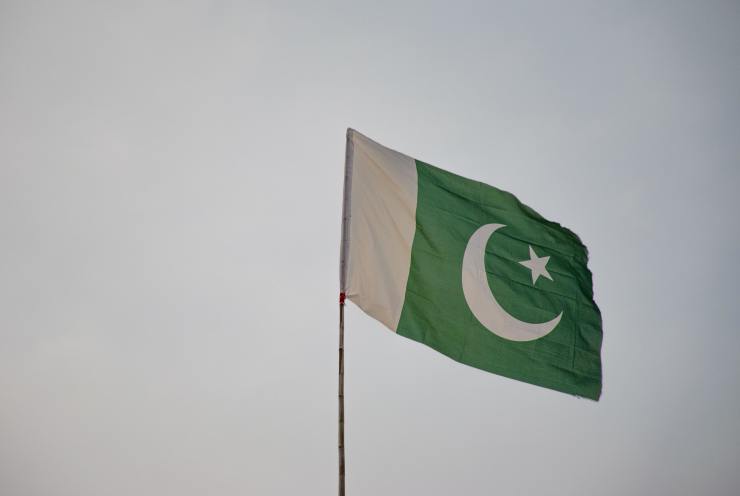
Pakistani Christians gathered for prayers in the city of Jaranwala, located in the Faisalabad District of Punjab, on Sunday, 20 August, at the churches that had been recently wrecked and set on fire by angry Muslim mobs. The unrest unfolded following allegations of disrespect towards the Holy Quran by two Christian men.
Several church services were held in Jaranwala, as reported by media agencies. One such church was the main Salvation Army Church, where approximately 200 Christians gathered. They were seated within a confined passageway adjacent to the church, which still lacked its cross due to being torn down during the mob attack.
Amidst the violence, many Christians had to flee their badly damaged homes. Currently, some are staying in government school buildings or with relatives, while the local government has pledged assistance to rebuild their houses.
It was also reported that Christian leaders distributed food supplies to those affected by the events, and many Christians from surrounding cities also came to show their solidarity.
Notably, the provincial government in Punjab, led by Caretaker Chief Minister Mohsin Naqvi, announced that Rs. 2 million (USD 6752) in compensation had been approved for every Christian family impacted by the recent violence.
The unrest
The violence erupted on August 16 after angry Muslim mobs went on a rampage and attacked the Christian community over allegations of the desecration of the Quran by two Christian men.
This attack, one of the most devastating against Christians in Pakistan, resulted in over 80 Christian homes being vandalised and approximately 20 churches being set on fire on that fateful day. This created a wave of destruction within the Christian community.
According to various reports from residents and community leaders, the violent mob also desecrated a Christian graveyard during their rampage. Witnesses recounted that the mob, armed with various weapons, acted for over 10 hours without police or administrative intervention.
Contrary to these claims, the police stated that they took action to prevent an even worse outcome.
In response to the arson attacks, paramilitary troops have been deployed to protect the targeted sites, including historically significant churches like the Salvation Army Church and Saint Paul Catholic Church.
Residents and government sources have attributed the violence to clerics associated with Tehreek-e-Labbaik Pakistan (TLP), a far-right Islamist political party that has been banned by the Government of Pakistan in the past. However, the TLP denies these allegations.
The two Christian men accused of blasphemy have been arrested by the police. Additionally, around 160 individuals linked to the attack have also been apprehended.
To address the situation, a special Day of Prayer was designated for August 20, 2023, to be observed by all Christian communities across Pakistan.
Expressing his dismay, Pakistan's caretaker Prime Minister Anwaar-Ul-Haq Kakar tweeted that he was “gutted by the visuals coming out of Jaranwala.” The PM further said that “Stern action would be taken against those who violate law and target minorities. All law enforcement has been asked to apprehend culprits and bring them to justice. Rest assured that the government of Pakistan stands with our citizenry on equal basis.”
Human rights organisations stress that discrimination against Christians continues to persist in Pakistan. This is exemplified by baseless accusations under the blasphemy law, which is often exploited to unfairly target minority groups.
While blasphemy is punishable by death in Pakistan, no executions have taken place under this charge. However, there have been cases of individuals accused of blasphemy being lynched by enraged mobs. Notably, Salman Taseer, a former provincial governor, and Shahbaz Bhatti, former minister for minorities affairs, were assassinated for advocating reforms to the blasphemy law.
A recent report from the United States Commission on International Religious Freedom (USCIRF) recommended to the US Government to redesignate Pakistan as a “country of particular concern” or CPC, for “engaging in systematic, ongoing, and egregious violations of religious freedom.” The report specifically raised alarm about the misuse of blasphemy provisions to persecute those with differing beliefs.




